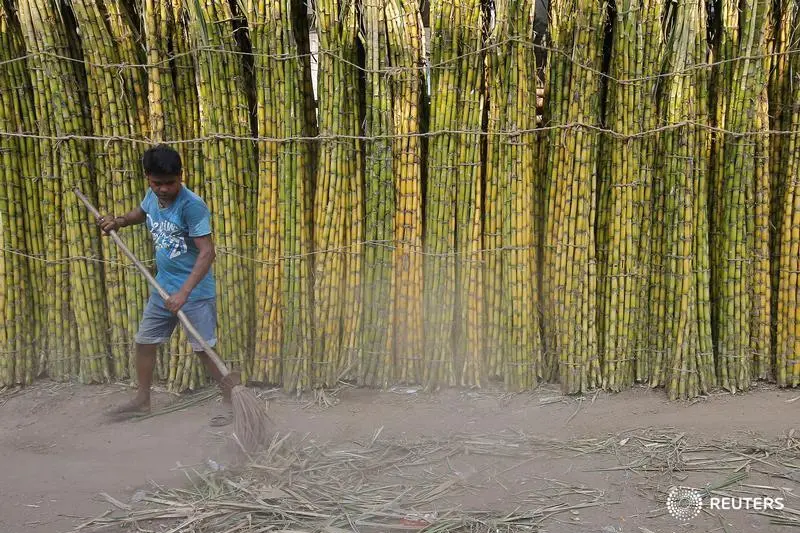PHOTO
HAMBURG - German farmers are estimated to have reduced sugar beet sowings by 2.8 percent to about 379,000 hectares for the 2019 harvest, the WVZ German sugar industry association said.
Producers have suffered from Germany’s ban on neonicotinoid insecticides, the association said. The insecticide was banned in an effort to protect bees, but few effective alternatives are available to protect sugar beet, it said.
Several EU countries have given their sugar beet farmers special permission to use the cost-effective neonicotinoids, giving their farmers an advantage.
German farmers are poised to make decisions in the coming weeks on what crops to plant for the 2020 harvest at a time the EU sugar sector is facing a crisis.
Raw sugar futures ended 2018 at their lowest in 10 years, pressured by heavy global oversupply.
Despite EU sugar market reform, several EU countries continue cultivation subsidies that give their farmers a cost advantage against Germany, WVZ said.
"The continued distortion of competition to the disadvantage of German farmers through insecticides and special payment premiums for beet cultivation means that a significant reduction in (German) beet cultivation in 2020 is feared," it said.
(Reporting by Michael Hogan: Editing by David Goodman) ((michael.j.hogan@thomsonreuters.com; +49 172 671 36 54; Reuters Messaging: michael.hogan.thomsonreuters.com@reuters.net))





















